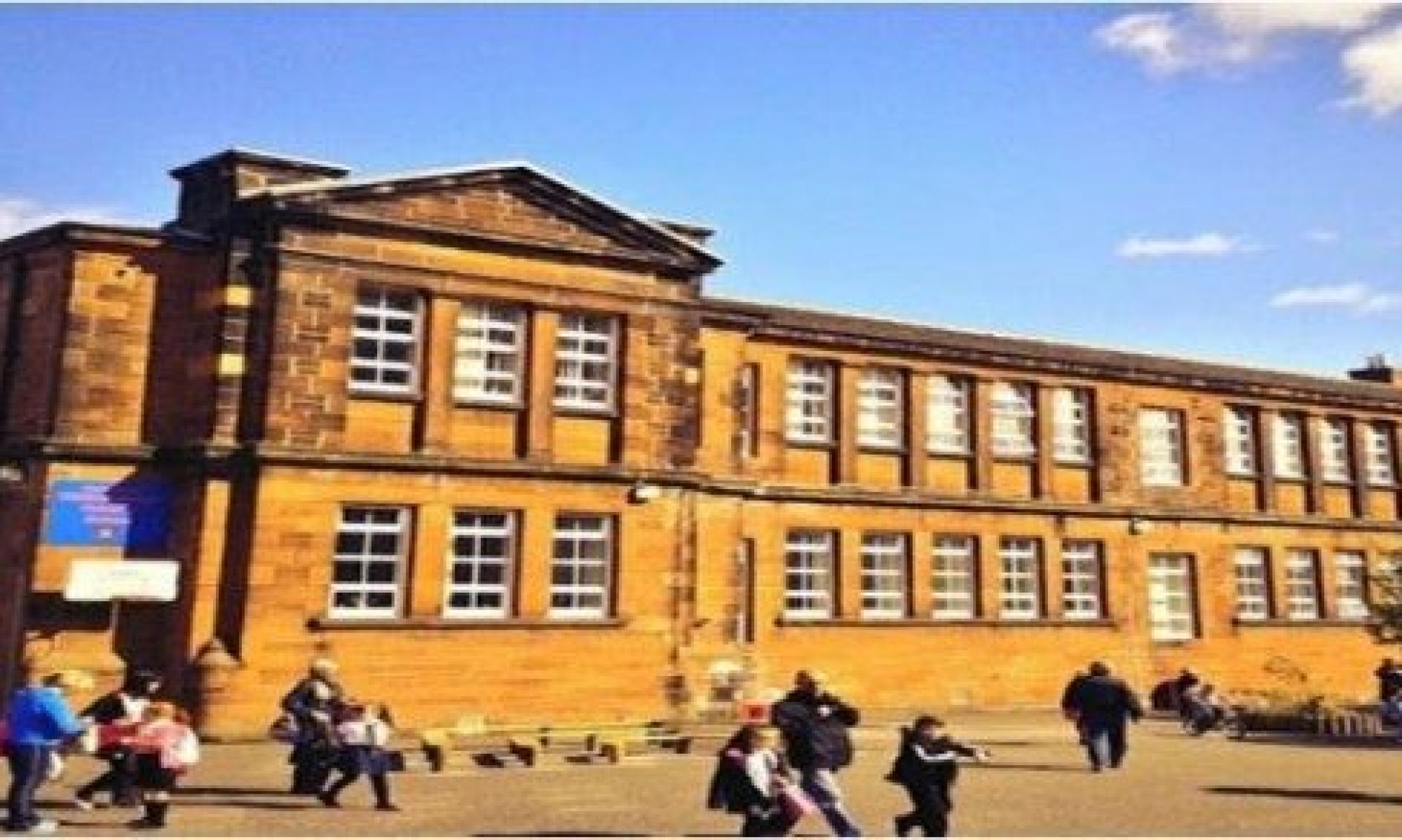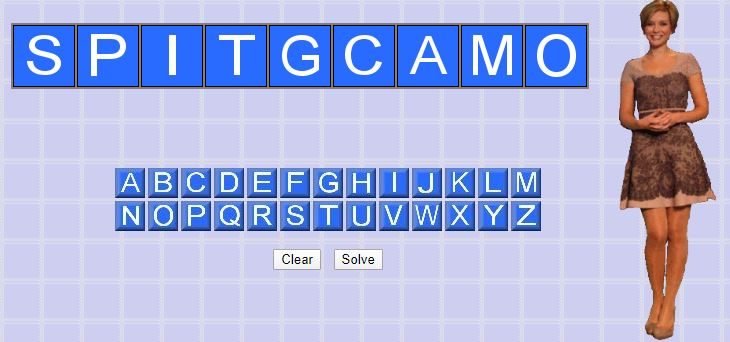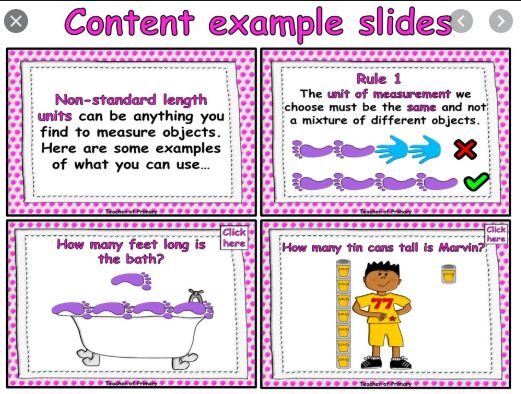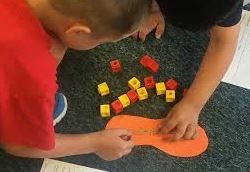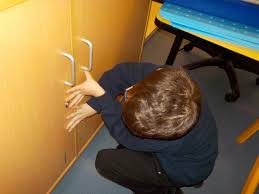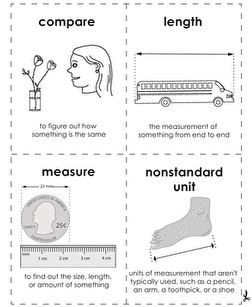Good morning Primary 2! We hope you all had a lovely weekend. Here is our morning song, sing and dance along to wake you up!
Morning Starter Activity
How many words can you make out of these letters?
Sound of the Week
We are used to long vowel sounds using magic ‘e’ but this week we are going to look at a different long vowel sound: ‘ea’
‘ea’ makes the same sound as ‘ee’ and ‘e_e’. Where e_e has a silent e at the end of the word, ‘ea’ mostly found at the middle of a word e.g. beak, leak, cheap. However, there are some words that do end in ‘ea’ e.g. tea, flea, sea
Remember the rule, when 2 vowels go walking, the first one does the talking. In this case the e in ‘ea’ is in charge and makes the long e sound!
Let’s visit Geraldine the Giraffe:
TASK
- Have a go at reading the words in the list below, remember your reading strategies to help you if you get stuck.
- Pick 6 ‘ea’ words and write them down and draw it in your jotter.
- Choose 4 ‘ea’ words to write 4 sentences. Get an adult to help you if with words you are unsure of spelling. They can model it and you can copy it down.
- Read your sentences out to someone.
Reading Time
Did you know you can access reading books for free online? Oxfordowl.co.uk is providing access to free reading ebooks. All you need to do is get an adult to sign you up. Here is the link below to get you started. If you do not know which level/band to read then look at the back of your reading book in your homework pack to start you off. If the book is too easy for you then try non-fiction as they can be trickier or jump up a band. If you are finding a book tricky then jump down a band until you become more confident and familiar with your tricky words and phonics. Remember it doesn’t matter, as long as your are having a go at reading. Any problems or questions then leave a comment.
Break Time – Have a snack, go to the toilet and have a 15 minute play!
Maths Time!
Watch the video to recap telling time using o’clock’ and ‘half past’
Length : Non-standards units of Measurement
This week we will focus on measurement. What is measurement? Why is it important? Can you think of some everyday examples of measurement?
There are different units of measurement but today we will revise non standard units of measurement used to measure length. Length is the measurement of distance, how long something is from one end to the other. Length can be measure in many ways, can you think of some?
Today we will be using non standards of measurements, like hands, feet, cubes. Did you know you can use any object to measure the length of something, as long as you follow these rules:
Watch the clip below:
TASK
- Find something in your home (sweets, pasta, paper clips, lego bricks, tins etc, make sure they’re the same size) that you could use to measure the length of :
- a book
- a bottle
- pencil
- a toy
2. Get some paper and draw around your hand and cut it out. Now draw around your foot and cut it out. Can you use lego bricks, pasta, etc. to measure how long your foot and hand is?
3. Let’s use your ‘hand’ to measure the length of larger objects. Go around your home and use your ‘hand’ to measure 4 objects! Record your answers in your jotter or notebook.
4. Now repeat the above but this time using your ‘foot’ and record your answers. You can record your answers in a table like the one below. What did you notice?
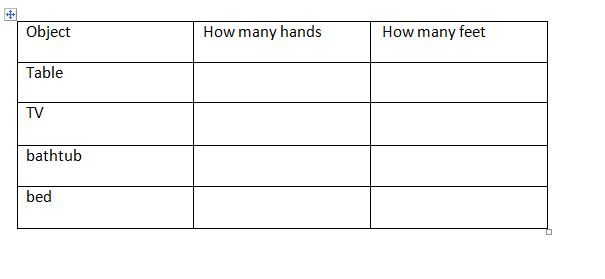 5. What is the problem of using non standard units of measurement like hands and feet? To help you answer this, go and draw around a family member’s hand or/and foot. Cut it out and use it to measure the same 4 objects from before. What did you notice this time?
5. What is the problem of using non standard units of measurement like hands and feet? To help you answer this, go and draw around a family member’s hand or/and foot. Cut it out and use it to measure the same 4 objects from before. What did you notice this time?
Finishing Task/ Plenary
Remember to wash your hands before you have your lunch.
